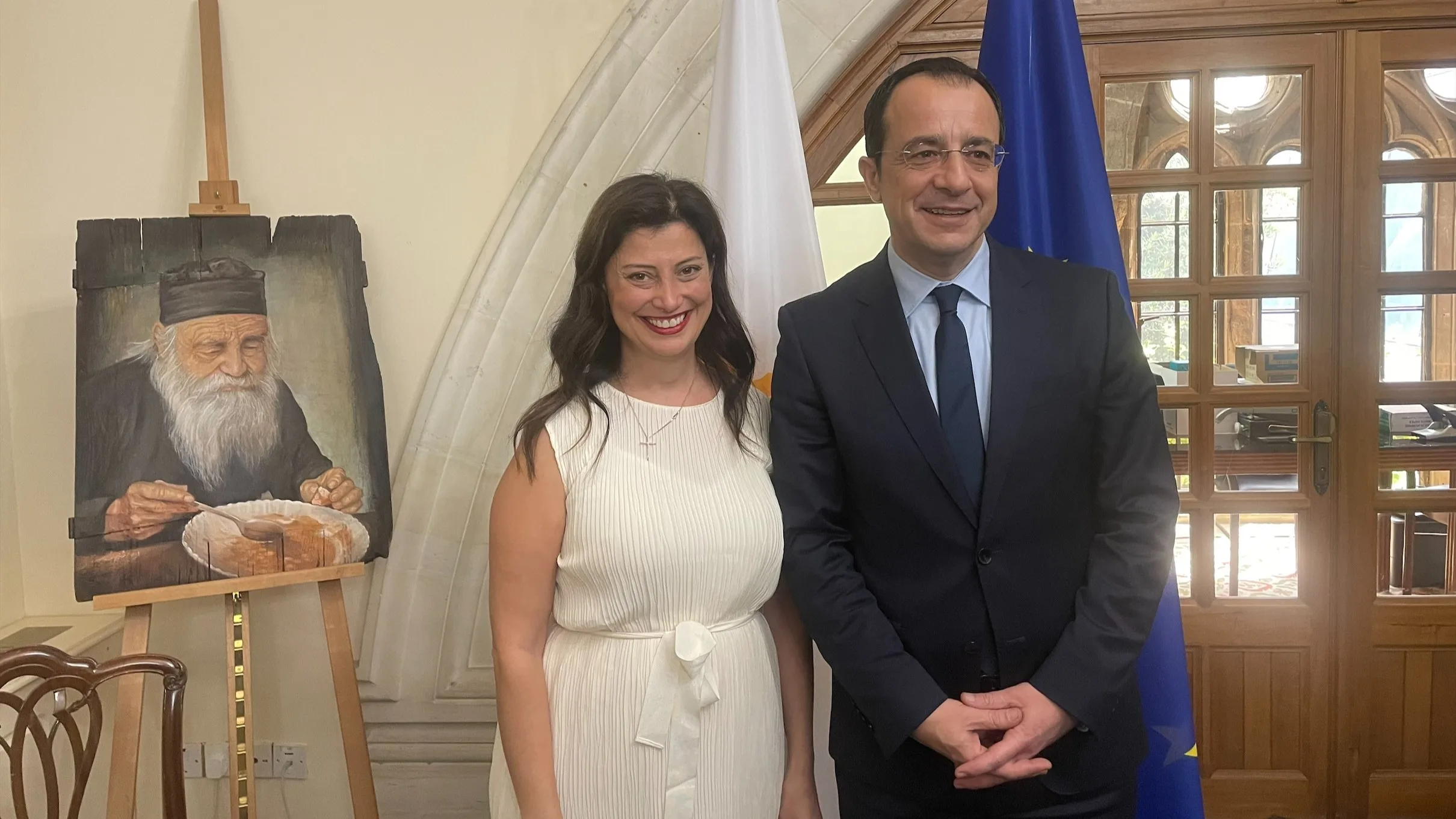“Until it’s ours, I don’t think I want to go back,” Cypriot Australian Andrea Michaels MP tells me emotionally as we sit down for an interview to mark the 50th anniversary of the 1974 Turkish invasion of Cyprus this year.
To this day, 37 per cent of the Mediterranean island remains occupied by Turkey, and over 30,000 Turkish troops are still stationed in Cyprus. 175,000 Greek Cypriots were forcefully removed from their homes, and thousands were killed during the invasion, with more than 1,000 still missing.
As a child of refugees from Cyprus, Andrea knows first-hand how it feels to have someone’s home ripped from them by invaders. Her mum Eva was pregnant with her when she fled war-torn Cyprus in 1974 and moved to London in the United Kingdom. Andrea’s two older brothers were there, but her grandparents and dad Christos stayed behind.
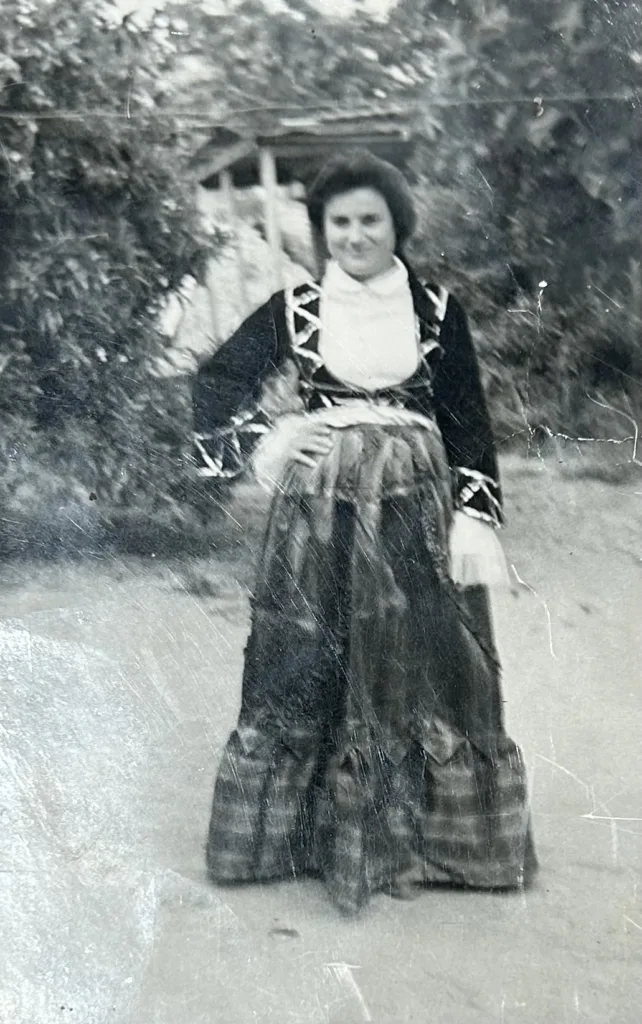
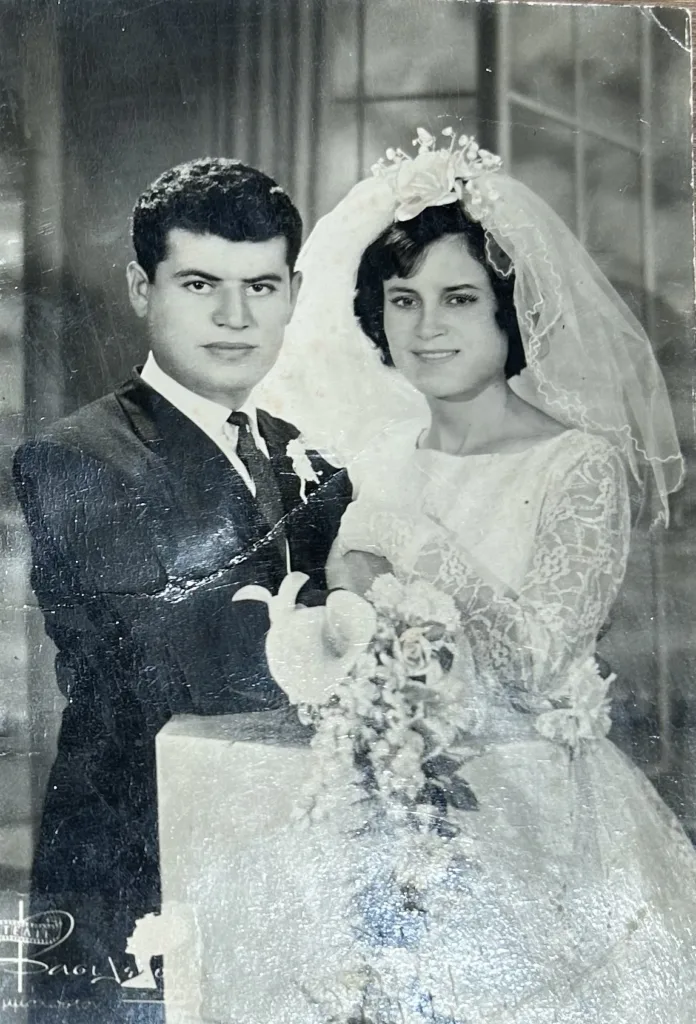
“My grandparents got stuck for a couple more months in our village – Eptakomi on the northern tip of Cyprus,” Andrea says.
“I also always heard about the drive [out of the village]. My family got in the car and they drove and they slept overnight in an orange orchard and my brother was crying all night because he left his pillow behind and he couldn’t sleep without it.
“When my mum took my brothers over to London, my dad was conscripted to the army for another few months and mum was on her own. We had my uncle there, but she was on her own with two kids.”
Andrea was born in London in 1975 and was just 11 months old when the family later moved to Adelaide, South Australia in 1976.
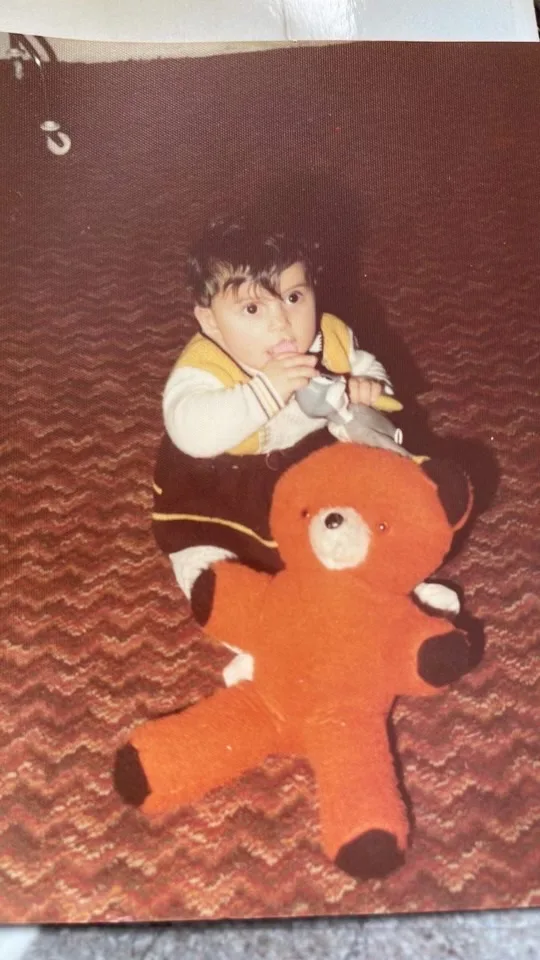
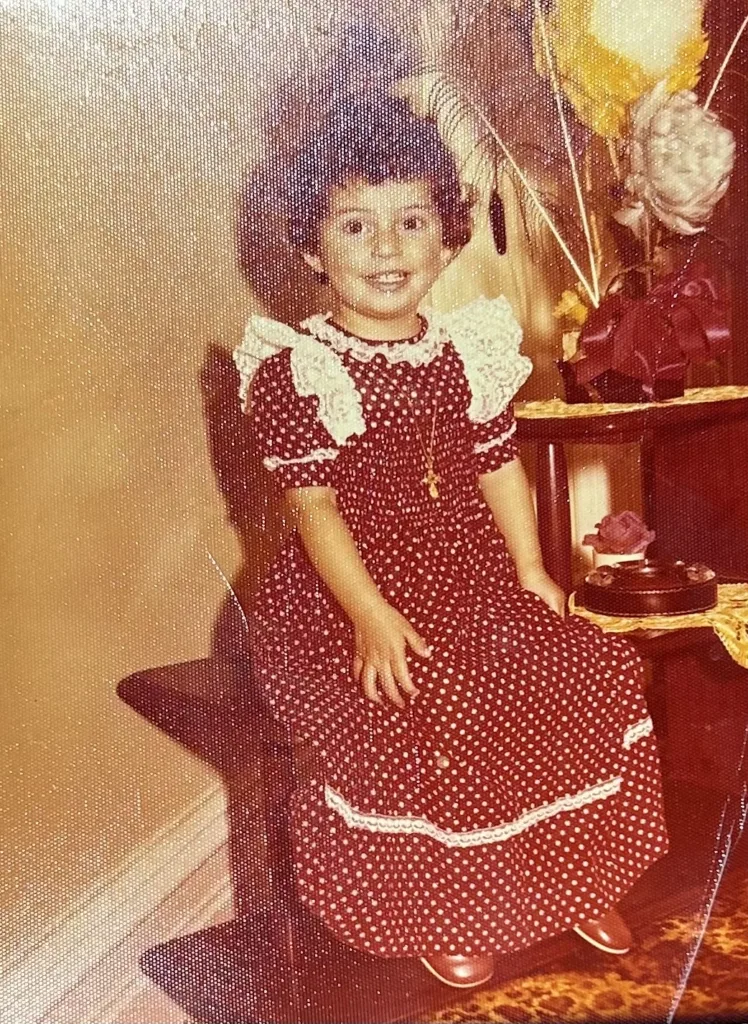
“My parents couldn’t get visas to stay [in London] so the choice was to either go to Adelaide where my dad had an uncle or go to New York where my mum had an auntie. I think they were so traumatised they wanted to go the furthest away where they knew no one and knew nothing about where they were going, so they came to Adelaide,” Andrea explains.
Once they arrived, Andrea’s family lived in a shed in Blair Athol at the back of her great uncle’s home until they eventually bought their own home. Their grasp of the English language was poor, and they had no car for a while.
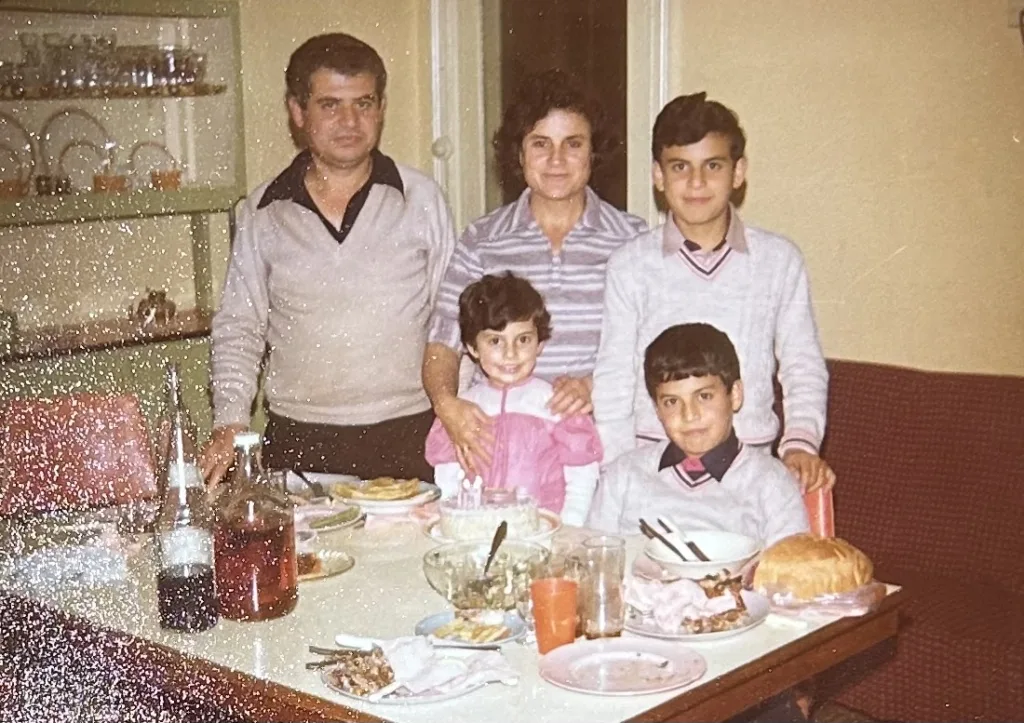
“It was fairly tough in the early years. My parents did as all good migrants do and worked seven days a week and slogged their guts out in factories,” she says.
“Fast forward the clock and my brothers and I all went to university and all have decent jobs and it’s worked out for the best. Australia has been good to us.”
She’s not wrong.
The trained lawyer and Member for Enfield wears many hats. When Andrea’s not doing a great job as a mum-of-two boys, she’s laying down the law as South Australia’s Minister for Small and Family Business, for Consumer and Business Affairs, and for the Arts.
They are roles she doesn’t take for granted.
“I have a passion for social justice and making sure people who are coming through now, who are less advantaged than we are now, have the benefits of an accepting, welcoming society. That’s my goal,” Andrea says.
“I’m a very privileged person to be in this job. I know that.”
Some key initiatives she’s spearheaded as a minister which she’s “incredibly proud of” include the Women in Business networking program, the Small Business Strategy, SA’s recent rental reforms, and the upcoming arts, culture and creative sector policy.

In a nod to her Greek Cypriot roots, Andrea is also one of a group of state ministers and councillors calling for a city-sister relationship to be established between Adelaide and Athens, Greece.
“We got it through the Adelaide City Council, so we had support here. We had support from the former Mayor in Athens [Kostas Bakoyannis] and then there was a change [in leadership], so we’re starting again effectively from that side,” she says.
“But we definitely hope we get there. I think it would be fantastic for Adelaide to have that recognition with Athens.”
‘We have to keep talking about it as an illegal invasion’
It’s clear Andrea feels a deep connection to Greece and Cyprus, despite the island nation still under Turkish occupation after 50 years.
She’s returned to Cyprus three times – once when she was in Year 6, again at the end of Year 12 and more recently after 20 years, in 2022. During her last trip, she took her two sons with her and it was an experience she will never forget. She also met with the President of the Republic of Cyprus, Nikos Christodoulides.
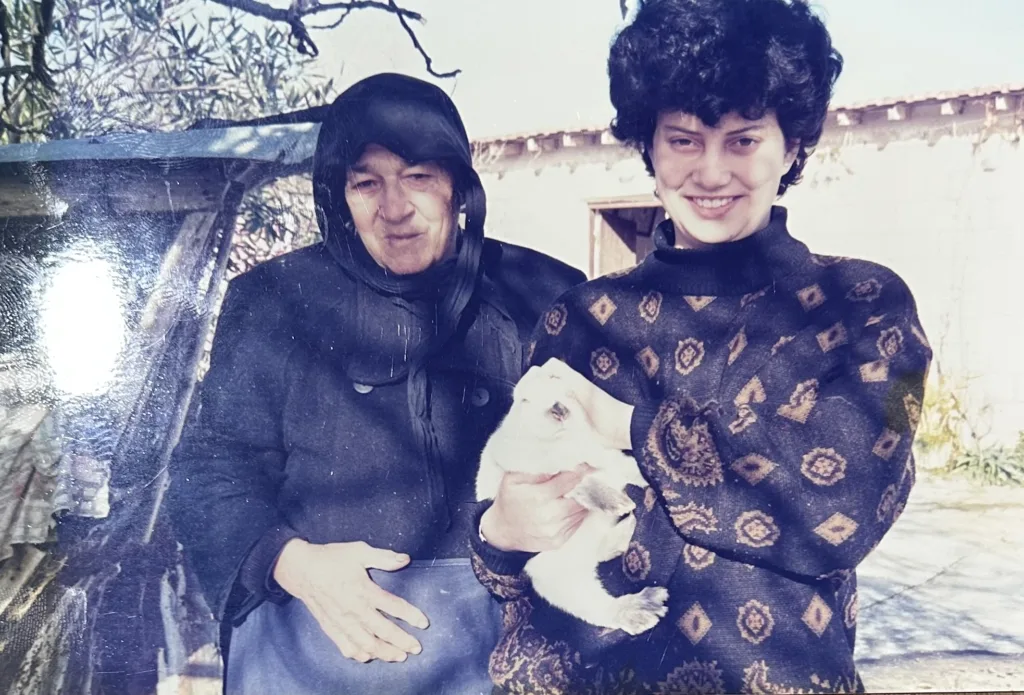
“For the first time ever, I went and saw the village that my family was from and saw the desecrated church and my grandparents’ house – that was a pretty emotional day and it’s still emotional now talking about it,” Andrea says with sadness tinging her voice.
“To be able to go there and visit the church of Apostle Andrew… you know mum always said, ‘when we get Cyprus back, you’re going to go there and get baptised again.’ And I can’t, that’s not a reality yet.”
When I ask whether she’d return to the occupied north for a second time, her answer is resolute.
“I almost feel like I actually don’t want to go again. I’ve seen it. I can now put context around all of the stories I heard growing up but until it’s ours, I don’t think I want to go back,” Andrea says.
On that sombre note, we conclude our interview with the question on everyone’s lips as Cyprus commemorates 50 years since the Turkish invasion this year – is there a solution to the ‘Cyprus issue’?
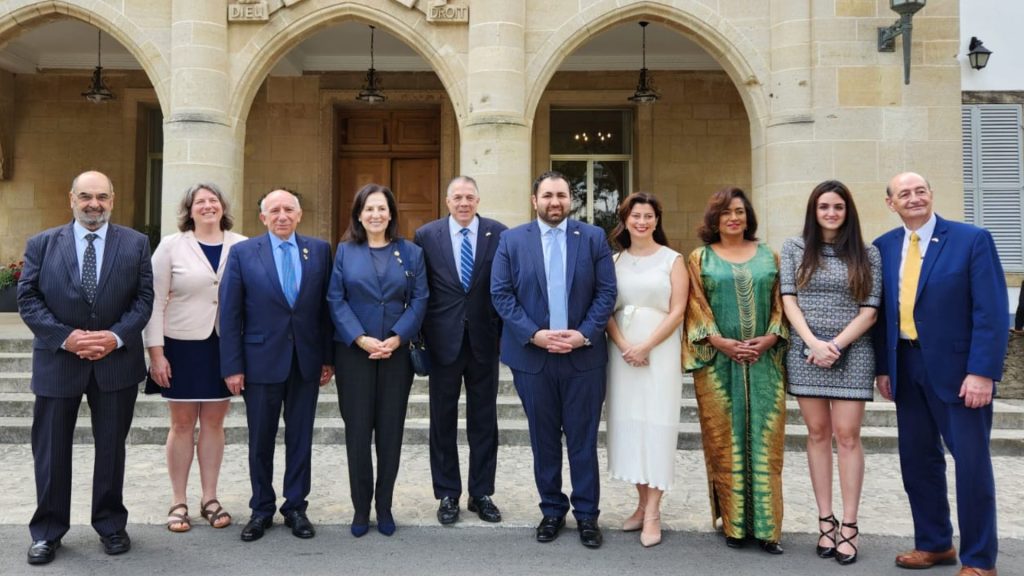
“I worry that as time goes on, it’s more and more forgotten. It’s more and more acceptable for there to be a two-state solution rather than what should happen – which is that an illegal invader should leave the country they have invaded,” Andrea answers.
“In reality, I guess the practical solution, as difficult as it is, is to have some negotiated settlement on a two-state solution but it would still be very traumatic for all those people who don’t get to go back to their homes. I fear after 50 years that there’s not likely to be another answer than that.
“We [the Cypriot diaspora] have to keep talking about it as an illegal invasion and still make that point year after year after year and still acknowledge what happened.”
